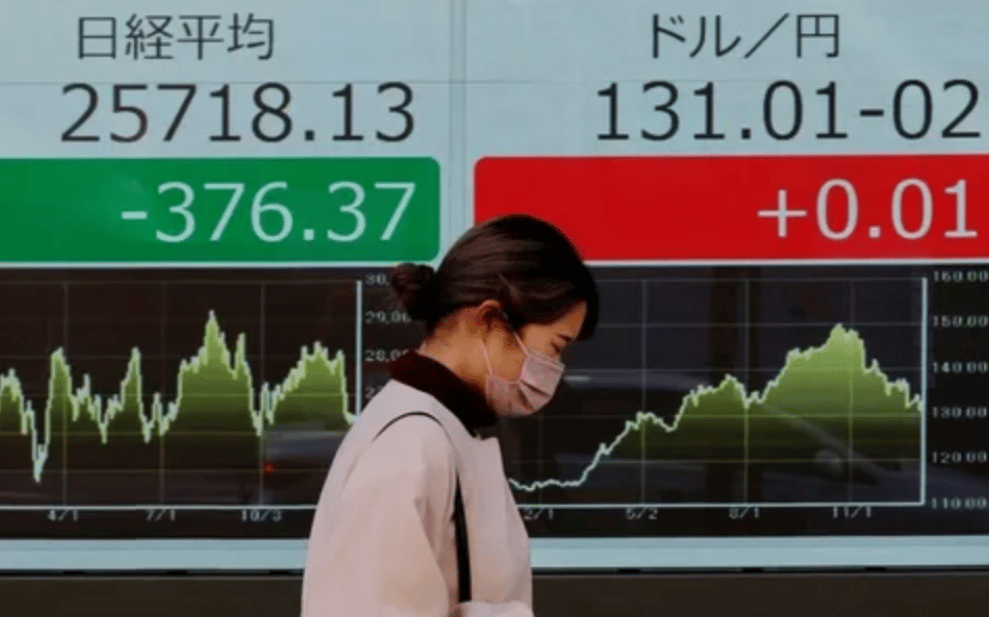Related Articles
US Dollar Weakness and Asian Stock Gains Ahead of ECB Economic Forecast
Asian equity markets experienced gains as the US Dollar (USD) weakened, reflecting investor caution ahead of the European Central Bank's (ECB) updated economic outlook. This shift in sentiment follows recent weak US employment and services sector data, raising concerns over the health of the world's largest economy amid ongoing trade tensions and tariff uncertainties.
USD Weakens Amid Trade Deadline and Tariff Tensions Between the U.S. and China
On Wednesday, the U.S. dollar (USD) retreated as investors exercised caution ahead of a key U.S. employment report and ongoing developments in tariff negotiations led by former President Donald Trump. The weakening of the greenback reflects a tense market atmosphere driven by geopolitical uncertainty and protectionist economic policies.
Gold Falls Nearly 1% as USD Strengthens Ahead of Potential Trump–Xi Call
Gold prices retreated on Tuesday, falling nearly 1% from a four-week high as the U.S. dollar (USD) gained strength and traders exercised caution ahead of a potential phone call between former U.S. President Donald Trump and Chinese President Xi Jinping. The renewed geopolitical focus, alongside currency dynamics, pressured the precious metal, traditionally viewed as a safe-haven asset during periods of uncertainty.








It's wise for investors to tread carefully; the uncertainty around tariffs could change the landscape quickly.
Investors' caution reflects the uncertainty surrounding trade talks despite the modest market gains.